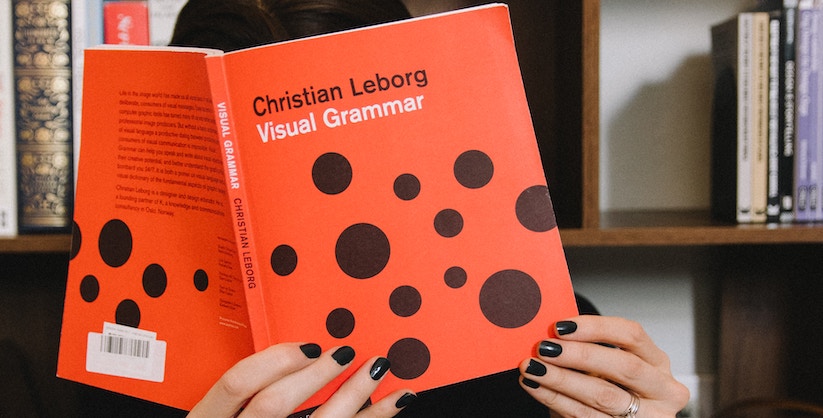In a ‘May I have a word about…’ article, Jonathan Bouquet was flabbergasted by the use of the word ‘straitjacketing’. And not for the distressing image it brings to mind, either - but the unconventional grammar move. It’s the act of verbing a noun.
Why do we do this? Is it ever correct? How can you use it effectively?
What is verbing?
Verbs are a crucial part of the English language. They help us to express actions and convey meaning in our sentences. However, it is becoming more common for nouns to be used as verbs in modern English, and this phenomenon is known as "verbing".
Verbing is when a noun is used as a verb. This process has become more prevalent in recent years, with many everyday nouns being used as verbs in our modern language.
For example, the word "Google" was originally just a noun. But it has now become common to use it as a verb, as in "I'm going to Google it". Similarly, the word "text" used to be just a noun, referring to a written message. Now, it is also commonly used as a verb, as in "I'll text you later". The word "impact" was traditionally only used as a noun, but now it is also used as a verb, as in "The new policy will impact our business".
Another example is the word "friend". This noun has been turned into a verb. "Will you friend me on Facebook?".
While some people may argue that verbing is "ruining" the English language, it is important to remember that language is constantly evolving. As long as the meaning is clear and the communication is effective, there is nothing wrong with using nouns as verbs. In fact, it can add variety and interest to our language.
When did verbing start?
Verbing is not a new concept. In fact, it has been around for centuries. William Shakespeare was known for his use of verbing in his plays. He was famous for using nouns as verbs to create new and interesting phrases that are still used today.
The linguist David Crystal explains the appeal of this Shakespearean innovation so well:
“The verb neologisms in the plays are some of Shakespeare's most powerful linguistic creations – and it is worth noting that large numbers of them started out in life as nouns. Indeed, this method of coining new verbs is so frequent, it's almost as if he saw every noun as having a potential verb lurking inside it. No, 'lurking' isn't right. 'Bubbling' would be better. The metaphor here needs to be dynamic, to suggest repressed activity beneath the surface, just waiting for a context to release it, like the burst of energy which comes when you uncork a bottle of champagne.” (Source)
It is also worth noting that verbing is not limited to English, and many other languages have similar processes for turning nouns into verbs. For example, in Japanese, the verb "suru" can be added to a noun to create a new verb. This process is known as "suru-verb" and is commonly used in Japanese.
Examples of verbing
Here are some examples of verbing - you’ll see that some are words you take for granted every day.
- “The chocolate was completely liquified.” (From liquid)
- “The vitriol of grammarians terrifies me.” (From the abstract noun terror)
- “Shall we waltz?” (From the dance noun, as in ‘a waltz’)
- “Let’s table this topic until next week.” (An example of managerspeak’s affection for verbing)
- “I’ve actioned those amends.” (Again, a bit buzzwordy)
How to use verbing effectively
The use of nouns as verbs can have a significant impact on the way we communicate. It can help us to convey ideas in a more concise and efficient manner, and it can also make our language more dynamic and interesting.
However, it is important to use verbing judiciously and appropriately. Overusing this process can lead to confusion and ambiguity, and it can also make our language sound overly casual or colloquial.
It can also be a bit buzzwordy. Luckily, Readable has a buzzword detector. So you can nip anything that sounds too much like managerspeak in the bud.
The use of nouns as verbs is a natural and evolving process in the English language. It may take some time to get used to. But it can add depth and nuance to our communication. So the next time you find yourself reaching for a noun, don't be afraid to turn it into a verb and see where it takes you.


